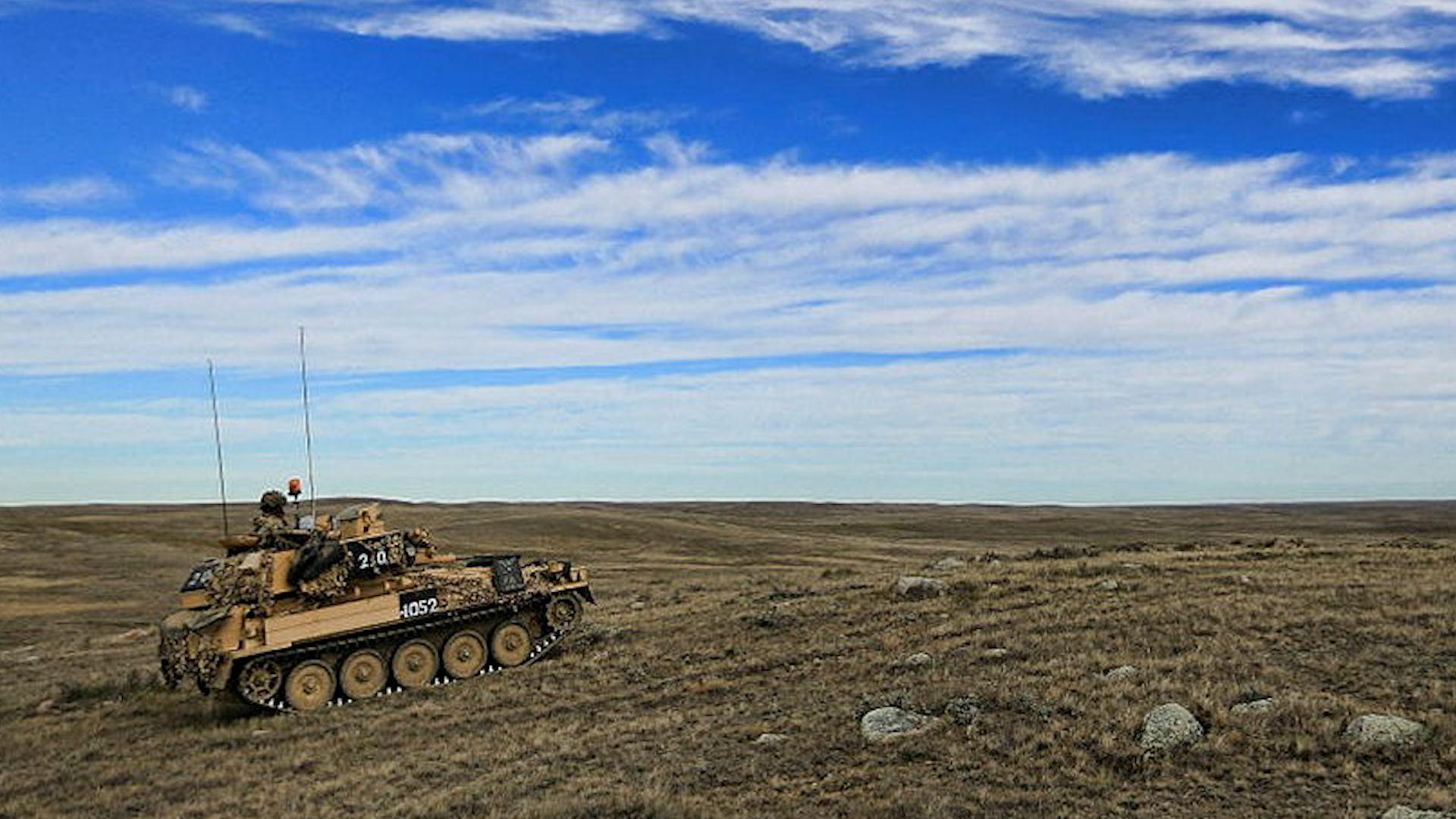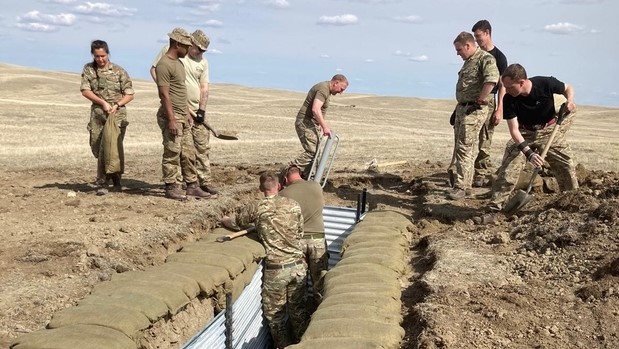
Preparing BATUS for the winter extremes as temperatures plummet to -40°C

BATUS, the British Army Training Unit Suffield in Canada, is bigger than all of the other Army training areas combined.
It is used to deliver some of the most complex and testing training exercises that British soldiers undertake.
A challenging but vital task involves closing down the training villages and preparing them for the extreme weather conditions that the Canadian winter can bring.
There are 17 training villages on the Suffield Military Training Area (MTA) with a total of 803 assets, ranging from shipping containers to fence lines and trenches, which are used to provide a realistic training environment.
'Winterisation'
At the end of every training season, the Prairie Infrastructure Team (PIT) is tasked with the 'winterisation' of the training area.
January and February are the coldest months of the year in Canada, with temperatures capable of dropping as low as -30 to -40°C.
The extreme cold alone can have a destructive impact on training infrastructure, so it is vital that repairs are carried out ahead of the winter season, as well as providing buildings and assets in the training villages with sufficient protection to prevent them from being damaged by the elements.
A short window is given to the PIT in which it deploys to the MTA to prepare it for the re-commencement of training in the new year.
All winterisation work needs to be completed by the end of September, before the extreme winter conditions set in, the Defence Infrastructure Organisation (DIO) said.
The work is wide-ranging and can call for extensive repairs, which is expected after months of training exercises.
Powerful winds can also be experienced during the winter months.
There have been reports of shipping containers being flipped onto their sides after doors ave been caught by the winds passing through, as well as smaller buildings being destroyed.
It is crucial to ensure dangerous incidents like these are prevented by maintenance work, with the mission to provide a 'Safe Place to Train' at BATUS.

Wildlife protection
To maintain troops' consent to train in Canada, it is essential that all UK and Canada directives and policies are followed, including those which relate to the protection of wildlife.
In the extremes of winter, the buildings on the MTA can attract shelter-seeking wildlife, including several Species at Risk (SAR).
One of the team's main efforts all year round, and especially prior to the winter months, is to make sure that the buildings on the MTA are as inaccessible as possible, as wildlife can enter through the smallest of gaps.
It is important to prevent any SAR from nesting in buildings as, unfortunately, this can severely restrict training within the area, or even force exercising units to re-plan and relocate to another area of the MTA.
Each year, the DIO Canada team's "work to winterise the Suffield MTA helps to ensure the continued delivery of world-class training at BATUS".
The DIO added: "Although much of this work happens behind the scenes, it's instrumental in providing a training environment that's both realistic and safe for training personnel, as well as maintaining the consent to train that the British Army has held in Canada since 1972."









